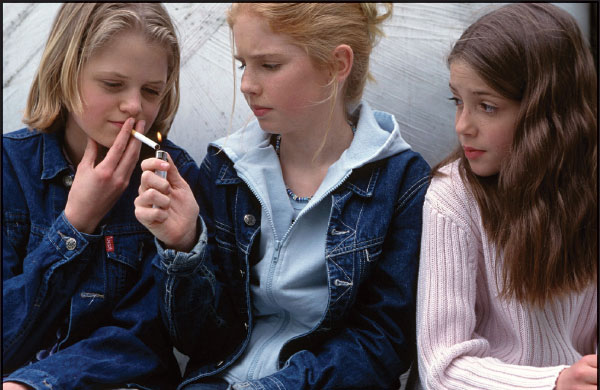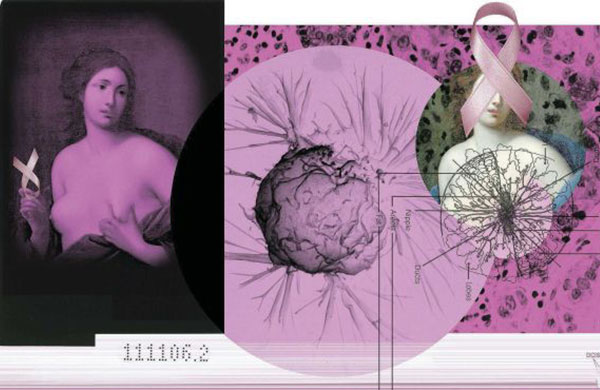If you believe that your child is a victim of molestation, you should emphasize the following to your son or daughter: We, your mother and father, love you. You did absolutely nothing wrong. Your body is yours, let’s discuss how to protect it in the future, no one can touch your body in any way without your permission. Your body is good, it’s not dirty. Someone else who is not good did something that he wasn’t supposed to. He was wrong for doing this. You were not in the wrong because this happened.
What about the perpetrator? Pedophiles need to be pushed to seek professional treatment, pushed out of circumstances where they can be in regular contact with children, pushed into supervised and controlled environments, or pushed into the criminal justice system.
Pedophilia is a treatable disease. While it is not curable, long-term treatment can be administered over several years, and if the perpetrator is compliant, this can allow him to return to a relatively normal life. Certainly his family should not be punished, as unfortunately often happens.
A communal resolve by parents to prepare, by educators to teach, by school administrators not to tolerate, by informing law enforcement and child protective authorities as required, by each group in our community doing their share, can lead to a reduction in the number of children who will be hurt. It takes an increased vigilance against offenders, and a supportive environment for victims to disclose and be supported.
By David Mandel, David Pelcovitz, Ph.D and Dr. Susan Schulman
—
A Personal Account:
Protect Our Children By Doing Away With SOL Laws
Children are our most precious gift¸ innocent and vulnerable in the world. My nephew David Antar was such a child, a star in my life. He had the whole world ahead of him until his innocence was lost. He was sexually abused by a caretaker in the playgroup he went to almost every day. Like every other abused child his life was forever tainted, going from a hurt child to a broken adult. And like many children who have suffered from child abuse, they are on a government time limit, given a certain number of years to come forward and make their abusers accountable in the eyes of the law. Once that time is up, their chance for justice is gone and their abusers go free.
In states like California and Arkansas, a victim has until he/she is 28 years old to report a sex crime. In New Jersey and Vermont, that time limit is even shorter. While having a statute of limitations may work for certain offenses, it does more harm than good when it comes to crimes against our children.
It’s unfair to set a time limit on how long a victim can come forward. A child can’t possibly process what is happening, taking them well into their adulthood to fully understand how wrong it was. Children are more likely to be abused by someone they know, like a close friend or family member which makes it even more difficult to come forward. David was around his abuser every day and I can only imagine how afraid he was to tell someone what was happening to him. Reports show that 35% of convicted child molesters threaten their victims with violence if they tell (according to the Ohio Department of Corrections). With statistics like that it’s no wonder so many children suffer in silence. By the time they’re adults, the pain is too deep to get through in just a few years time.
My nephew’s ordeal was a lot for him to handle. He had flashbacks on a daily basis, finding it hard to lead a normal life. To escape the pain he turned to drugs, something that many people who were abused as children do. According to the World Health Organization, victims of sexual assault consume higher levels of alcohol than non-victims. They’re also 3.4 times more likely to use marijuana, 6 times more likely to use cocaine, and 10 times more likely to use other major drugs. This means they spend most of the government allotted time battling drug addiction. If they live long enough to receive the help they need, it may be too late to get the justice they deserve.
We also can’t forget about their abusers, the adults that get away with the crime, because they aren’t reported. They’re free to continue to hurt other children. They won’t appear on any registry of sex offenders. Law enforcement won’t be tracking them. They can move right into our neighborhood and we wouldn’t even know! By getting rid of these statutes of limitations all together, we can make sure these offenders don’t slip through the cracks—no matter how long it takes for their victims to come forward.
So what can we do? If you live in a state that has this type of SOL law, write to your government representatives. Tell them to join the ranks of Alabama, Alaska, Colorado, and Connecticut, that have already done away with these laws. New York has a bill (Bill A1771) waiting to be voted on that eliminates statute of limitations in both criminal and civil courts. California has a ballot initiative for the 2014 election that aims to do the same thing.
As for my nephew David, I wish these changes would’ve happened sooner. He lost his battle to drugs at the age of 26, never having the legal opportunity to report the horrible things that were done to him. I’ll be fighting to make sure this doesn’t happen to anyone else. Will you?
By Deborah Betesh



